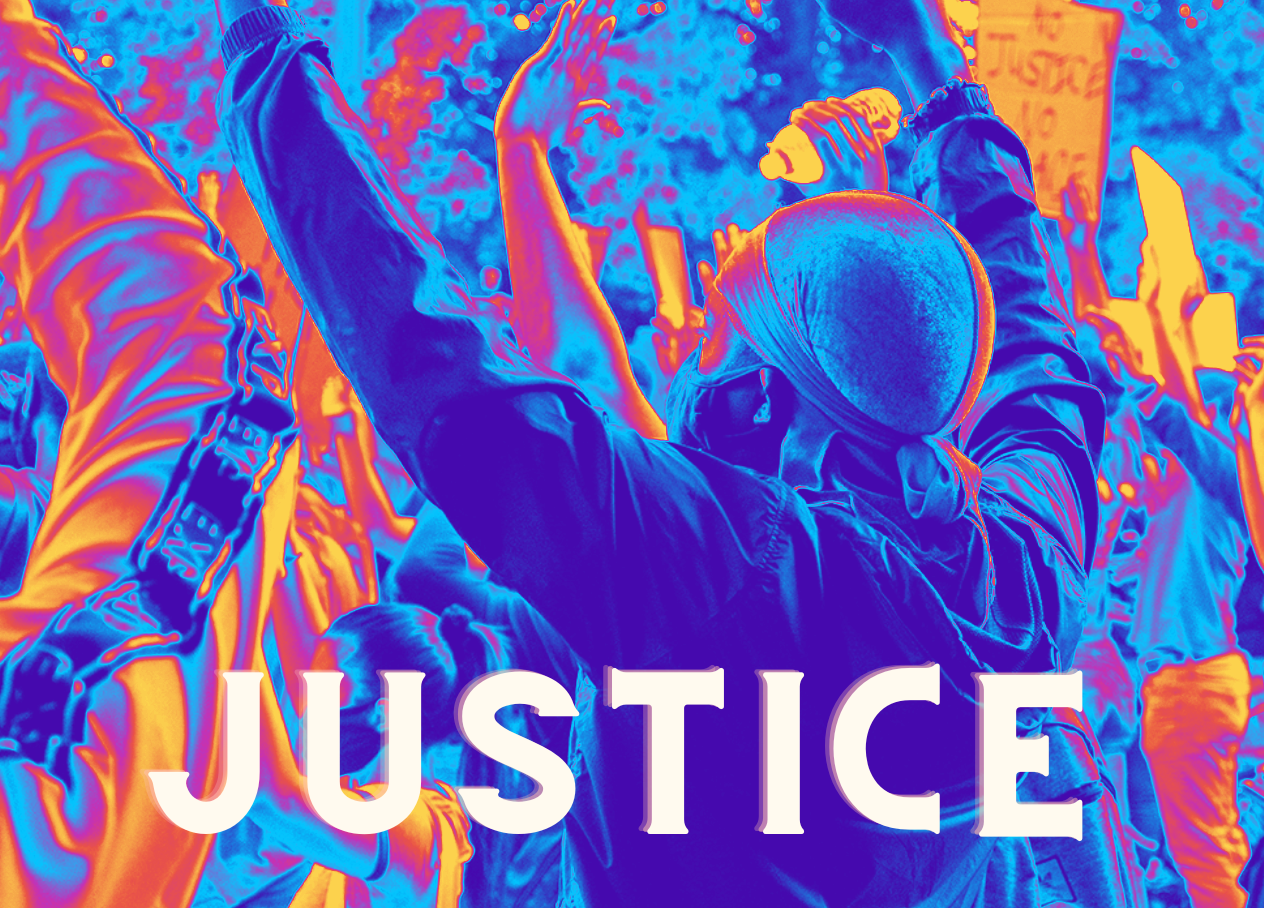Computer Science as a Black Vocation:
Revisiting W.E.B DuBois and Booker T. Washington
DOI:
https://doi.org/10.60690/3te08606Abstract
What sort of education will best uplift Black people in America? This longstanding question continues in American universities today, beginning with the famous debate between the first president of the Tuskegee Institute, African American Educator, Booker T. Washington (1856 –1915) and Harvard-educated sociologist and philosopher, W.E.B. Du Bois (1868 – 1963). While Washington’s (1901) Up From Slavery drew on abolitionist Frederick Douglass’ 1853 essay “Learn Trades or Starve,” Du Bois argued in his seminal The Souls of Black Folk (1903) that a liberal education would best build cultural competence to enable Black people to enter positions of power in a white-dominated society. In fact, both men understood how mastering technology could offer a key to financial well-being and autonomy for Black people, but they famously disagreed on what kind of education would secure equity and empowerment.
This debate continues among Black students in higher education today: Is computer science merely a technical vocational skill? Or does it have the potential to offer a uniquely Black vocation that imparts wealth and enables us to build cultural competency as well? Do we even want cultural competency, as Du Bois defined it, or should we follow others who have developed newer, more meaningful models of knowledge and Black belonging? Our paper examines the persistence of the Booker T. Washington vs. W.E.B. DuBois debate and builds on Duke Professor Alicia Nicki Washington’s redefinition of cultural competency to argue that CS “vocational” training is never separated from cultural education. We also draw on an important new study from von Vacano et al. (2022) that provides methods for more inclusive STEM education for students from historically marginalized groups. Through a critical review of the debate and empirical survey of 135 Black computer science graduates at different American institutions of higher education, we demonstrate how computer science can become a better vocation for Black Americans. Our paper reconsiders the importance of vocational training in higher education and demonstrates that the many cultural roadblocks Washington and Du Bois identified persist, while both the meaning of vocational and higher education have transformed. Where the Washington-Dubois debate made “vocation” sound antithetical to higher education, we believe it plays an important role in university and college education, and that for us “vocation,” especially with respect to Black empowerment, is no mere acclimation to industry, but rather a calling to serve our community.




